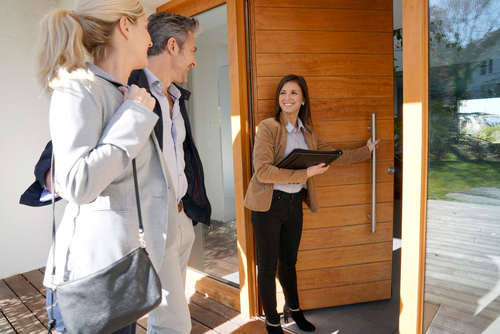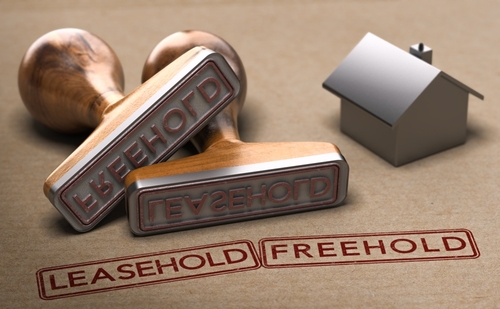
Dave Sayce, Founder and Managing Director of Compare My Move, reflects on the legal changes that will make leasehold purchase more attractive.
The way we buy property is going to be changing in several ways over the next year. Up-to-date and relevant property information will become more accessible to the public and there will be a larger focus on being able to complete property transactions entirely digitally.
Alongside this, a reform is being put in place to the way we buy and own leasehold properties. This reform will likely be implemented in 2024 and will change the way that buyers look at leasehold properties. There are a few reasons why leasehold properties may not be preferable for first-time buyers at the moment, the main one being that leasehold properties are only yours for a finite number of years before returning to the freeholder. Because of this, if you want to keep your leasehold property, you’ll have to extend the lease, which will come with a cost.
The more time you have on the lease the cheaper it will be to extend it. As a rule, the price of extending the lease rises significantly if your lease has less than 80 years left and it is advised that you should extend your lease around the 90-year mark at the latest. Under current legislation, you have to be living in a leasehold property for at least 2 years before being allowed to extend the lease. The cost of a leasehold extension can change dramatically over a 2-year period and can be hard to budget for when you’re a first-time buyer.
Budgeting is key
The cost of the leasehold extension isn’t the only cost you’ll need to keep in mind when buying a leasehold property under current legislation. The freeholder has responsibilities on the freehold property surrounding your leasehold property such as the maintenance of the structure, roofing and cladding. This will require the leaseholder to pay service charges and, under current legislation, ground rent to the freeholder.
These service charges can differ depending on the freeholder and the work that’s being done on the property, however, the leaseholder has to be notified of any works that will cost the leaseholder over £250 a year or contractors that will cost the leaseholder over £100. Under current legislation, ground rent will also have to be taken into account when purchasing a leasehold property. The ground rent is paid annually and will depend on the property and the location - ground rent outside of London shouldn’t be over £500 a year (£1000 a year in London).
So how will the leasehold reform benefit first-time buyers? Budgeting is key when you’re buying your first property, and to budget properly you need transparency in what you are buying. There is a big focus on this in the reform. The Land Registry wants to make it easier for buyers to know exactly how much they will be paying in fees such as service charges, administration charges, and building insurance commission fees when buying a leasehold property.
The biggest financial changes come from reforms to the extending of the leasehold and the ground rent. As of the 30th of June 2022, ground rent on new properties has been reduced to a ‘peppercorn’ rent under the new reform. A ‘peppercorn ground rent’ means that the ground rent of a property cannot exceed the value of a single peppercorn annually, effectively making the ground rent for leasehold properties have no value and therefore nothing has to be paid by the leaseholder. This takes away an annual fee for first-time buyers to consider, however, service charges will still apply for the maintenance of the freehold.
Extensions cheaper
Ground rent has a significant impact on the cost of extending a lease, which can be a big deterrent for first-time buyers, so having effectively no ground rent will make leasehold extensions cheaper. Our leasehold extension calculator has found that the average leasehold owner with 100 years left on their lease will be paying just under £5,000 (£4,952) less when extending, this will take a good chunk out of the capital needed to buy a leasehold property if buyers find that the lease needs extending.
Not only will the reform make leasehold extensions cheaper, but extending a leasehold will be easier too. Currently, when buying a property, you’ll have to wait 2 years to extend the lease but under the new legislation, you’ll be able to extend your lease as soon as you purchase the property taking away the mystery of what you’ll have to pay when extending the lease in 2 years. You’ll also be able to extend your lease for longer as currently, the statutory lease extension for flats is 90 years, and for houses is 50 years but under the new legislation, this statutory lease extension will be 990 years across houses and flats.
The reform will therefore allow first-time buyers to extend a lease sooner, and for longer as well as being able to do so for less money. Although there’s still a finite number of years that you own a leasehold property, the Land Registry has taken a step in the right direction for leasehold property owners in making this number of years as large as possible.













.jpg)
.jpg)






.png)



Join the conversation
Be the first to comment (please use the comment box below)
Please login to comment